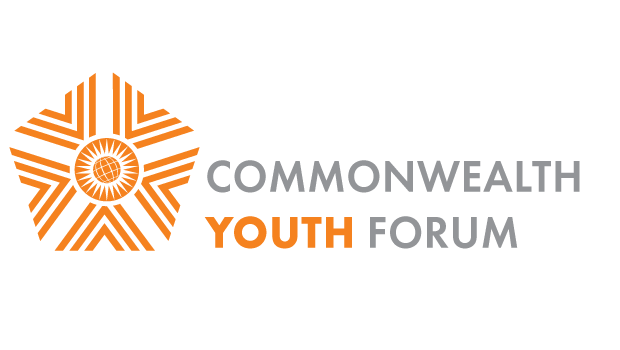South Sudanese Defense Minister, Cabinet Affairs Minister blacklist for sanctions
May 29, 2018
By Deng Machol
[caption id="attachment_48550" align="alignleft" width="480"]

Defence Minister Gen Kuol Manyang Juuk[/caption]
Juba - The United Nations Security Council (UNSC) is likely to impose sanctions on South Sudanese Defense Minister and Cabinet Affairs Minister for fueling the country’s war and blocking aid activities this week.
This comes after the United States issued a draft proposal and has asked the UN Security Council to add six South Sudanese officials including the defense and cabinet affairs ministers respectively to a sanctions blacklist for obstructing peace efforts and blocking humanitarian assistance to civilians, according to a draft resolution seen by Pan African Visions on Sunday.
The six would face a global travel ban and assets freeze if the draft resolution is adopted at a meeting scheduled for Thursday.
The council will meet today (Tuesday) to discuss the US sanctions proposal that comes as Washington has grown increasingly frustrated with President Salva Kiir's government.
The proposed sanctions blacklist would target Defense Minister Kuol Manyang Juk for violating the latest ceasefire signed by the government last year and for allegedly provisions of arms external forces to attacks on the northeastern town of Pagak that was captured from rebel forces in 2017.
“Under Juk’s command, SPLA forces violated the agreement on cessation of hostilities, protection of civilians and humanitarian access signed between government and rebels in 2017,” the draft read.
Also listed is cabinet minister Martin Elia Lomuro for threatening the press, obstructing humanitarian aid and impeding the work of the UN peacekeeping mission in South Sudan.
“Minister Lomoro threatened the press, obstructs humanitarian missions, and threatened to eliminate CTSAMM and….obstructs the activities of UNMISS.”
The proposed sanctions list also includes Koang Rambang Chol for leading attacks in northern Bieh state and ordering his forces to impede the work of aid workers, according to the draft.
The Security Council members also renewed and extended to May 31, 2019 sanctions imposed on several other key South Sudan leaders, namely: Information minister Michael Makuei, former army deputy chief of staff Malek Rueben and opposition leader Paul Malong.
However. Information Minister Michael Makuei is cited for his role in planning an attack in 2014 on a United Nations compound in Bor and overseeing a campaign to suppress the media.
Then, Former military chief Paul Malong, turned rebel in April, 2018 faces possible sanctions for ordering government forces to attack civilians, schools and hospitals and deputy army chief of staff Malek Reuben for overseeing an offensive in 2015.
There are currently six names of senior generals and rebel commanders on the UN sanctions list.
South Sudan won independence from Sudan in 2011, with critical backing from the United States, which remains Juba's biggest aid donor.
South Sudan descended into civil war in late 2013 when Kiir accused former vice president Riek Machar of plotting a coup.
Countless efforts have failed to bring peace to a country now in its fifth year of a war where targeted ethnic killings, gang rapes and other atrocities have occurred.
Since conflict erupted, millions have been uprooted, triggering a regional refugee crisis, and millions more have been pushed to the brink of starvation, while tens of thousands have been killed.
The United States has repeatedly threatened to impose an arms embargo and sanctions against those blocking efforts to end the war.
A resolution needs nine votes in favor and no vetoes by Russia, China, France, Britain or the United States to pass.
In 2016, the US imposed a travel ban and asset freeze on six officials from both the government and the opposition, but the Washington failed to win enough votes at the Security Council for the arms embargo and targeted sanctions.
Meanwhile, the Juba government said they are not in position now to comment on the US move.
Ethiopia, member of intergovernmental Authority on Development (IGAD) is being leading a regional peace effort, hosting talks between the government and rebel groups but there has been no breakthrough.
This month, the revitalization peace talks collapse without deal signed after the warring parties has rejected the IGAD’s power sharing proposal, called as “bridging the gap.”
But IGAD is yet to set a date for the revitalization talks to resume.






























